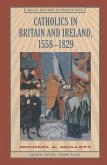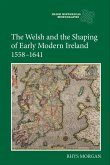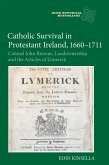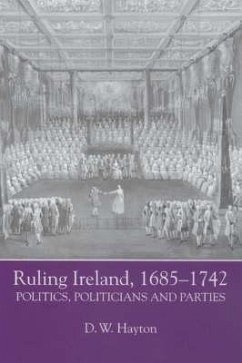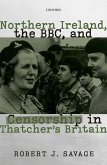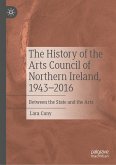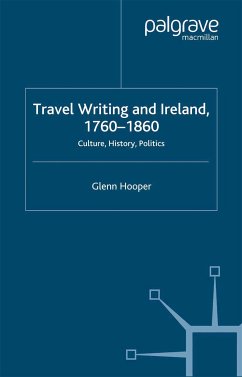Military, political, cultural and religious dimensions of Irish loyalism are examined to show it as more complex than hitherto imagined.
Irish loyalism is often neglected in the historical literature or misrepresented as an ideologically rigid and narrowly sectarian foil to emerging nationalism. Yet, in the French Revolutionary wars, loyalism was a recognisable counter-revolutionary ideology with recent parallels in Britain, Europe and America.
This book examines the Irish variant in a comparative context and analyses its military, political, cultural and religious dimensions to reveal distinctive strands. A 'liberal' version was receptive to Catholics as loyalists and open to constitutional reform, while an exclusively Protestant version monopolised public expressions of loyalty to politically undermine the campaign for Catholic emancipation. Cultural manifestations of loyalism, including ballads, sermons and Orange parading rituals, are analysed to address questions of popular spontaneity or elite manipulation and changes in Protestant identity. The study reveals that exclusive loyalism needed a physical threat, so the 1828-9 Brunswick Clubs combined militant 1798-style rhetoric with innovative mass petitioning. They failed to prevent emancipation but lefta template for Irish Conservatism.
ALLAN BLACKSTOCK is a reader at the Academy for Irish Cultural Heritages, School of History and International Affairs at the University of Ulster.
Irish loyalism is often neglected in the historical literature or misrepresented as an ideologically rigid and narrowly sectarian foil to emerging nationalism. Yet, in the French Revolutionary wars, loyalism was a recognisable counter-revolutionary ideology with recent parallels in Britain, Europe and America.
This book examines the Irish variant in a comparative context and analyses its military, political, cultural and religious dimensions to reveal distinctive strands. A 'liberal' version was receptive to Catholics as loyalists and open to constitutional reform, while an exclusively Protestant version monopolised public expressions of loyalty to politically undermine the campaign for Catholic emancipation. Cultural manifestations of loyalism, including ballads, sermons and Orange parading rituals, are analysed to address questions of popular spontaneity or elite manipulation and changes in Protestant identity. The study reveals that exclusive loyalism needed a physical threat, so the 1828-9 Brunswick Clubs combined militant 1798-style rhetoric with innovative mass petitioning. They failed to prevent emancipation but lefta template for Irish Conservatism.
ALLAN BLACKSTOCK is a reader at the Academy for Irish Cultural Heritages, School of History and International Affairs at the University of Ulster.
Dieser Download kann aus rechtlichen Gründen nur mit Rechnungsadresse in A, D ausgeliefert werden.



